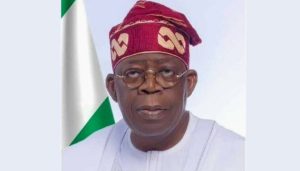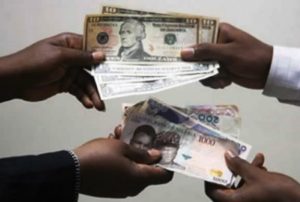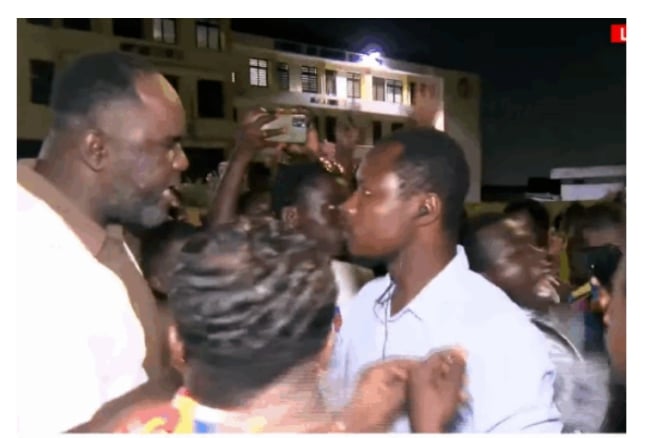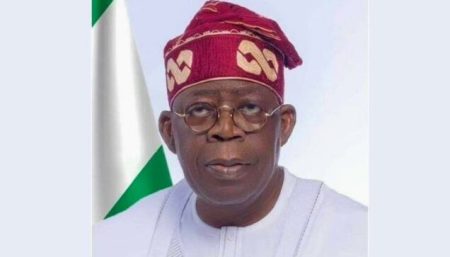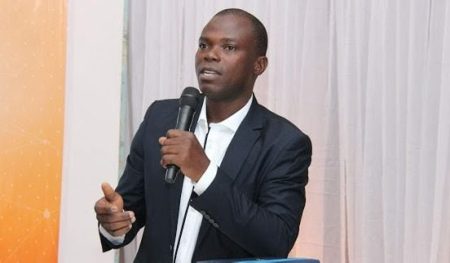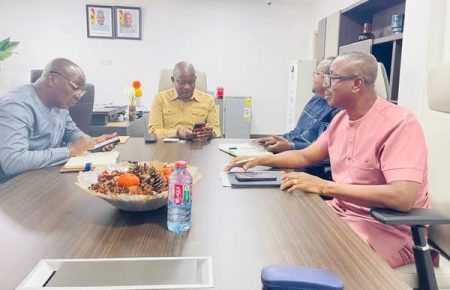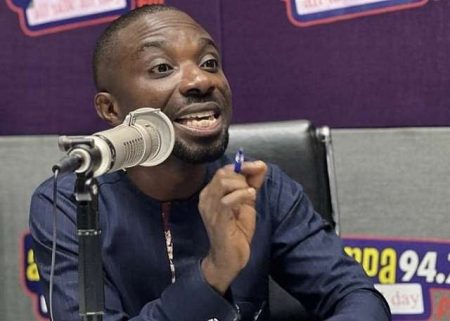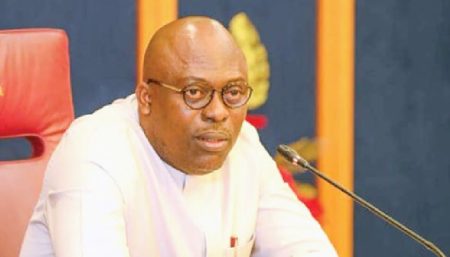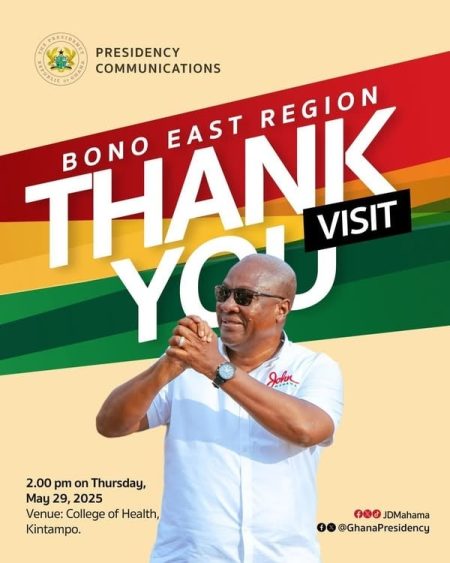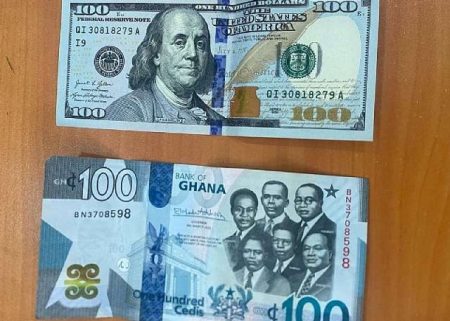The incident involving the physical assault of journalist Latif Iddrisu outside the Economic and Organised Crime Office (EOCO) in Accra underscores the precarious environment faced by journalists covering politically charged events in Ghana. Iddrisu, a reporter for JoyNews, was attacked by an alleged supporter of the New Patriotic Party (NPP) while covering the detention of the party’s Ashanti Regional Chairman, Bernard Antwi-Boasiako, also known as Chairman Wontumi. The incident highlights the vulnerability of journalists who often find themselves caught in the crossfire of political tensions, facing intimidation, harassment, and even physical violence while striving to fulfill their duty to inform the public.
The events leading up to the assault began with Chairman Wontumi’s appearance at the Criminal Investigations Department (CID) headquarters to meet bail conditions related to allegations of illegal mining, encroachment on forest reserves, and operating without a license. Upon leaving the CID, Wontumi was apprehended by EOCO officials, sparking immediate protests by NPP supporters who had gathered outside the building. The growing tension among the crowd culminated in the attack on Iddrisu, who was present to report on the unfolding situation. Eyewitnesses recounted that the assailants accused Iddrisu of biased reporting before resorting to physical violence, slapping him and pelting him with objects. This incident tragically illustrates how quickly peaceful demonstrations can escalate into violence, targeting journalists who are simply attempting to document the events.
The attack on Iddrisu raises serious concerns about the safety and security of journalists in Ghana, particularly when covering politically sensitive topics. The incident underscores the need for stronger protections for journalists and a more robust response from authorities to ensure accountability for those who perpetrate violence against members of the press. The ability of journalists to operate freely and without fear of reprisal is crucial for a healthy democracy, and attacks like this not only endanger individual reporters but also undermine the public’s right to access information.
The condemnation from press freedom advocates following the attack on Iddrisu highlights the broader implications of this incident. It serves as a stark reminder of the ongoing challenges faced by journalists in many parts of the world, where they are increasingly targeted for their work. The targeting of journalists for their reporting, particularly in politically charged environments, creates a chilling effect that can stifle investigative journalism and limit the public’s understanding of critical issues. This incident reinforces the need for continued vigilance and advocacy to protect journalists and ensure that they can carry out their essential role without fear of intimidation or violence.
The allegations of biased reporting leveled against Iddrisu by his attackers underscore a growing trend of distrust and hostility towards the media, often fueled by political polarization. This erosion of trust in journalistic institutions poses a significant threat to the integrity of the media landscape and the public’s ability to discern accurate information from misinformation. It is crucial for media organizations to uphold the highest ethical standards and strive for impartiality in their reporting to maintain credibility and counter the spread of disinformation. Furthermore, political leaders and public figures have a responsibility to refrain from rhetoric that incites violence or undermines trust in the media.
The assault on Latif Iddrisu serves as a wake-up call for Ghanaian authorities, media organizations, and civil society to take concrete steps to protect journalists and ensure a safe environment for them to operate in. This includes providing adequate security for journalists covering potentially volatile events, conducting thorough investigations into attacks against journalists, and prosecuting perpetrators to the fullest extent of the law. Furthermore, fostering a culture of respect for the media and its crucial role in a democratic society is essential to prevent future attacks and safeguard press freedom. The incident should also prompt a broader discussion about the underlying causes of hostility towards the media and the need for greater media literacy among the public.


